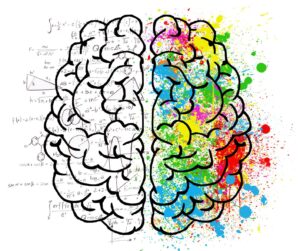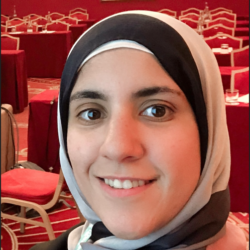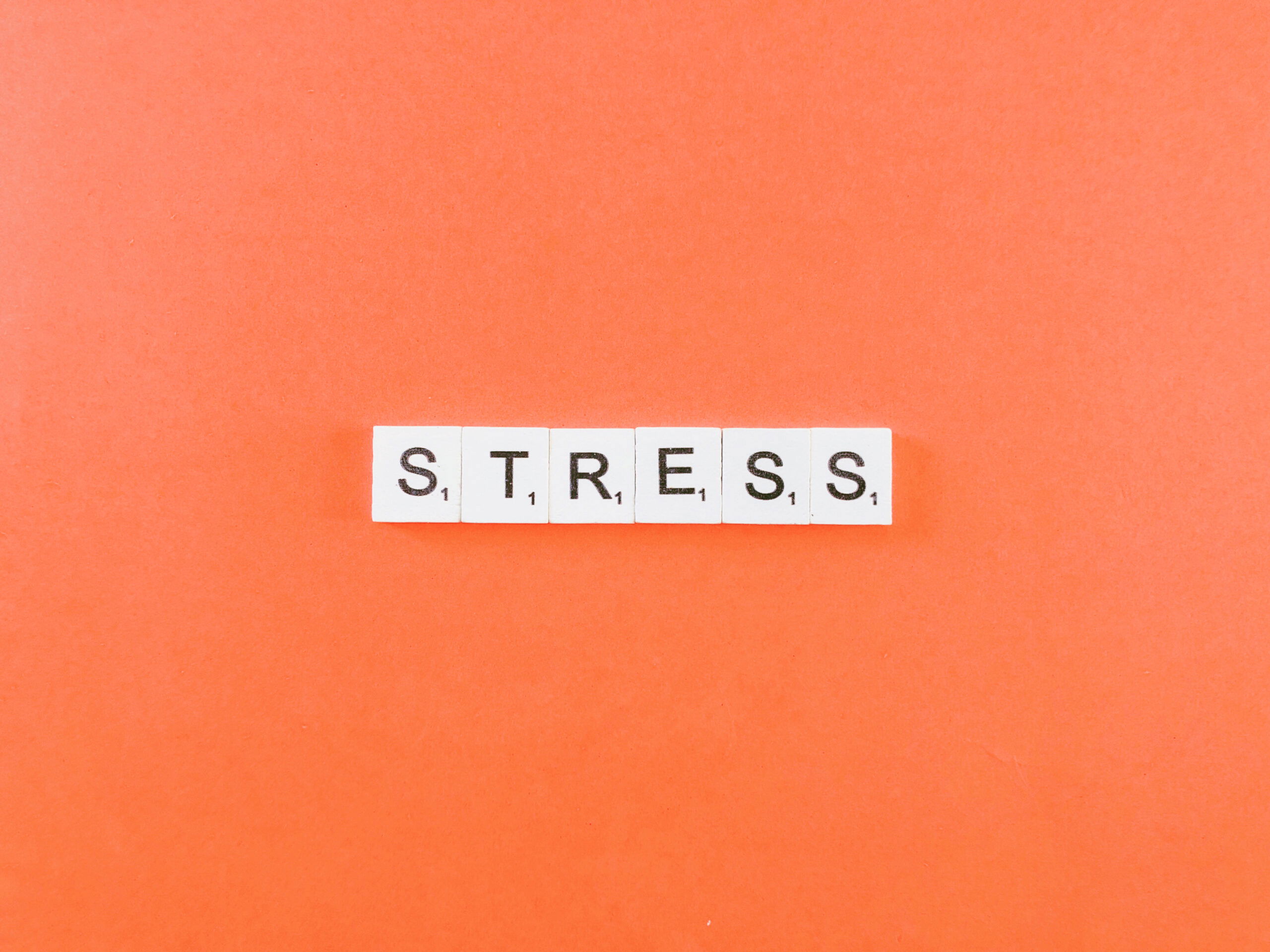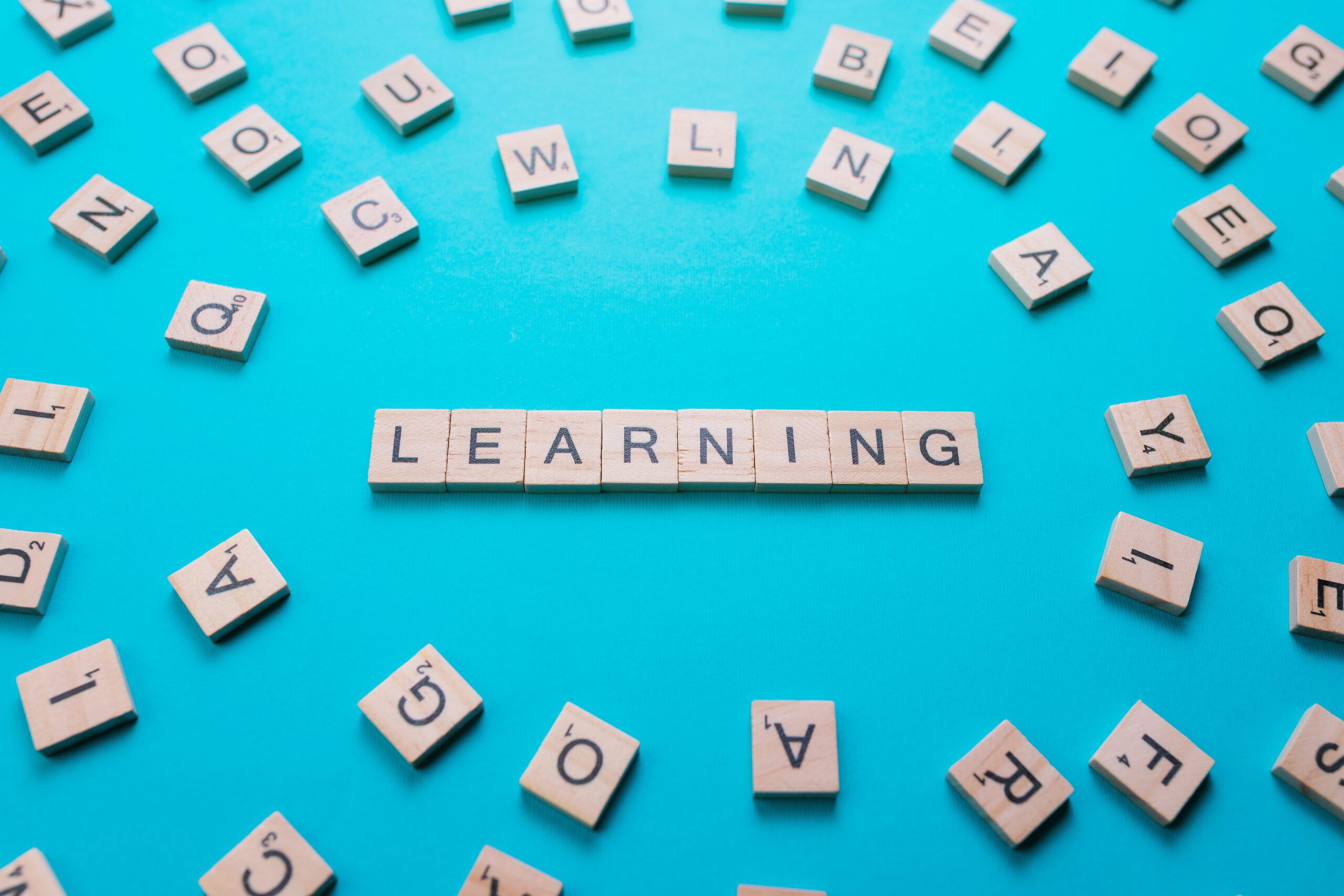Guide to IB Psychology: What You Need to Know About The Course

In the following IB Psychology guide, we cover the topics, your study options, and how the assessments work.
The IB Psychology course provides insight into human behaviour and mental processes. So, with increasing public interest in mental health and neuroscience, it comes as no surprise that many IB students choose to study this subject.
IB Psychology Guide: Year One
IB Psychology is a two-year course for high school students and usually follows on from the MPY of IGCSE programmes. Over the first year, it covers the so-called Core topics related to different approaches to understanding human behaviour:
The biological level analyses the functioning of the brain. Our feelings, emotions, and thoughts stem from biological processes. The course gives an insight into these processes and factors that affect them including neurotransmitters, brain abnormalities, changes occurring in the brain while learning, etc. This section also touches upon genetics.
- This area of study focuses on thinking. In particular, it analyses how we deal with information, how memory works, mechanisms of decision-making, etc. Along with that, the cognitive approach to psychology reveals the role of emotions in the perception of the world.
- Studying behaviour from the sociocultural perspective, we can see how the world around us shapes our personality. Specifically, we can trace the connection between our social group and the ways we think and act.
In addition, this course introduces students to research methods. These are the ways used to conduct research and investigation to answer behaviour-related questions:
- Quantitative methods (experiments, field experiments, natural and quasi-experiments, correlational studies, etc.);
- Qualitative methods (naturalistic observation, case study, and interview).
It is important to note that by the end of the course, students need to apply these methods to complete their Internal Assessment.

IB Psychology Guide: Year Two
In the second year, students study the areas of applied psychology. The syllabus suggests the following components known as Options:
Psychology of human relationships
This option studies interactions between individuals, both among themselves and in groups. In particular, it attempts to explain how relationships are formed and come to an end, and what is the role of communication in these processes. It also concentrates on social responsibility and such phenomena as by-standerism and prosocial behaviour.
Abnormal psychology
This unit talks about mental disorders, factors that trigger their development, as well as how they are diagnosed and treated. Special attention is given to such disorders as depression, anxiety, OCD, eating disorders, and post-traumatic syndrome.
Developmental psychology
From this unit, students can learn that cognition and behaviour change over time. In particular, it covers the factors that promote this change, and how changes can be supported or impeded.
Health psychology
This area of study explains how health choices affect our behaviour, and whether there is a connection between the health of our brain and our body. One of the goals of this unit is to promote a healthy lifestyle.
Out of these four Options, SL students have to choose one, and HL students – two areas to study.
SL and HL IB Psychology
The number of Options to be studied isn’t the only thing that differentiates Standard and High Levels.
High Level envisions a greater depth and breadth of the material. Overall, the course requires 240 hours of teaching time, while SL has 150 hours. Out of this time, Core topics take 120 hours and Options – 40 hours. At SL, Core and Options are given 90 hours and 20 hours respectively.
While the content of Core topics is similar for both levels (except for the depth of knowledge), HL students additionally study three extensions:
- Animal research and its role in studying human behaviour;
- Cognitive processing in the digital world;
- Impact of globalization on an individual (in the context of behaviour, identities, and attitude).
Finally, HL places special emphasis on research methods. While there are 20 hours of teaching for SL, HL triples this time. HL students are required to demonstrate their advanced research skills when answering Paper 3 (not applicable to the Standard Level).
Methods of Assessment
At the end of the course, students demonstrate their academic performance during a multi-stage assessment (both internal and external assessments).
Book free trial with our certified IB Psychology teachers today
100 % of tutors are certified teachers and examiners
External assessment
The Standard Level consists of the following:
- Paper 1 (2 hours) is a combination of short-answer questions and an essay. All topics concern the biological, cognitive, and sociocultural approaches of the Core component. Paper 1 rewards 49 marks and weighs 50% of the final result.
- Paper 2 (1 hour) has questions regarding one of the Option topics. It brings 22 marks, which is 25% of the total score.
When it comes to High Level, External Assessment consists of:
- Paper 1 (2 hours). It includes short-answer questions and an essay relating to the Core topics plus three HL-specific extensions. Paper 1 rewards 49 marks (40% of the total marks);
- Paper 2 (2 hours). Two questions relating to both Option topics. Making up 20% of the final result, Paper 2 provides 44 marks.
- Paper 3 (1 hour) features three short-answer questions concerning research methods.
Psychology IA
Students do an Internal Assessment, a report on an experiment designed during the course. Typically, students have to complete it within 20 hours. IA contributes 22 marks (i.e. 25%) to the final result.
Internal Assessment for HL is like that of SL. It carries 22 marks, which weighs 20% of the total score for this level.
IB Psychology: Let our tutors help you prepare
If you feel you need more help than this IB Psychology Guide can provide, then we have experienced IB tutors who can help. If you feel confused, swamped, or stuck, it’s okay to call for help. Qualified assistance of a Psychology tutor can really make a difference, and TutorsPlus are here to provide it.
You can rely on us to walk you through the most complex topics of the IB Psychology syllabus. We can also help you excel on the Psychology exam or create a noteworthy report for Internal Assessment. Are you ready to improve your performance? Then we are waiting for your call. You can reach us at 022 731 8148 or .














